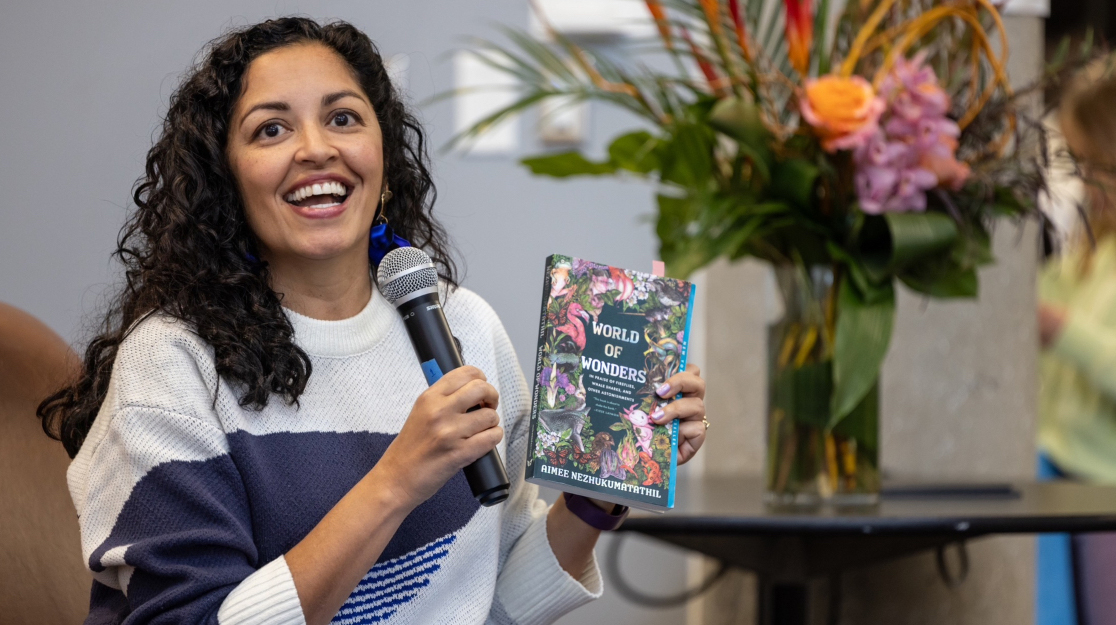The College of Liberal Arts
In the CLA you can refine essential skills, gain valuable experiences, and explore the world. The study of liberal arts prepares you for a rich, meaningful life.


About
College of Liberal Arts


Research & Creative Activities
Leading Innovation, Fostering Change

Resources and Support
Resources for Your Success
View From Ventress

Welcome to the College of Liberal Arts
The College of Liberal Arts is proud to be the oldest and largest academic division on campus. We are a thriving group of individuals who play a pivotal role in the overall success of our university.
Did you know?
582
CLA Faculty
5,516
CLA Students

Faculty News / Honors & Awards
OXFORD, Miss. – Two national organizations have recognized University of Mississippi professor Aimee Nezhukumatathil for her work in poetry, writing and environmental education.
-
Research News -
Honors & Awards / Research News / Student News -
Honors & Awards / Research News / Student News
